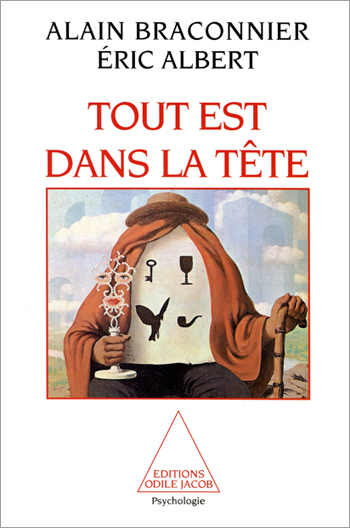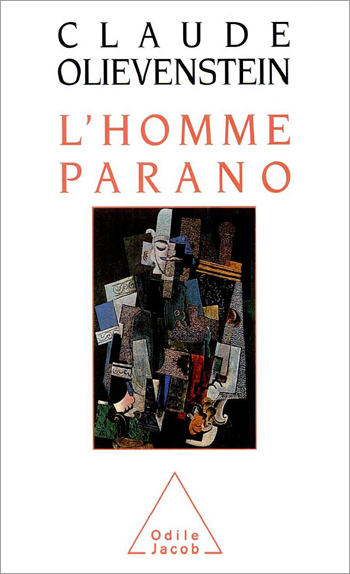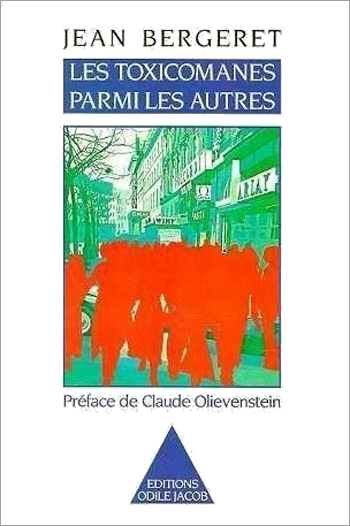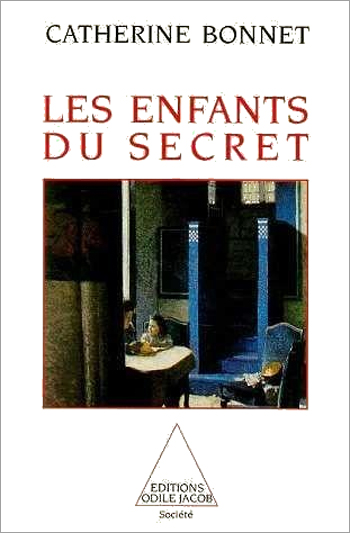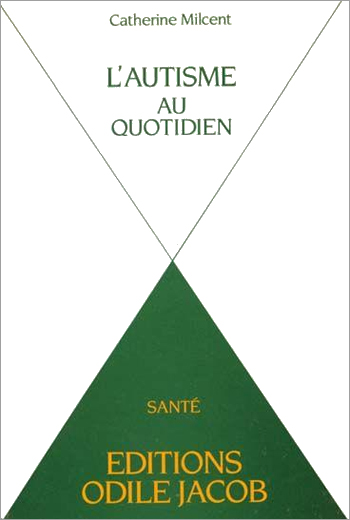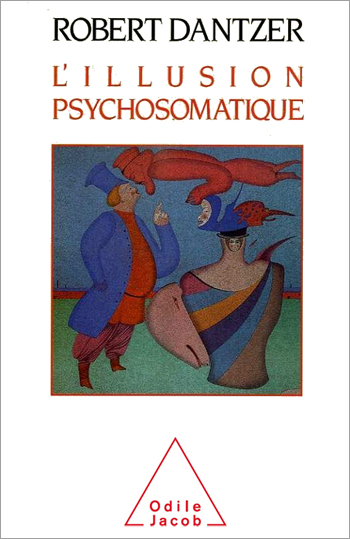Psychology All books
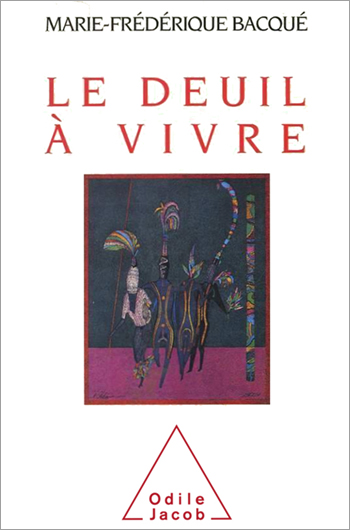
Marie-Frédérique Bacqué
Living through Bereavement
All civilizations have therapeutic methods to deal with death and the period of mourning. Not ours. By hiding away the experience of death, aren't we becoming more helpless, more disoriented than ever?

Uta Frith
Autism: Explaining the Enigma
Why do certain children live walled in by silence, cut off from the world and others? For the first time, this book offers a general theory on autism, a profound disorder in cognitive development rather than one resulting from family conflict or an attention deficit. Uta Frith is a psychologist and member of a cognitive development study group at the Medical Research Council of Cambridge.
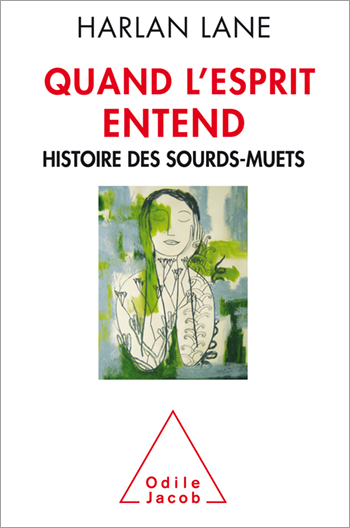
Harlan Lane
When the Mind Hears A History of the Deaf
This historical work recounts the struggle of deaf-mutes against prejudice, so that their rights and their language, sign language, were recognised. The people figuring in this book run from the abbey de l'Épée to Laurent Clerc, the spokesman for this community in the United States. A linguist, psychologist, and specialist in sign language, Harlan Lane teaches in Boston. He is the author of The Wild Child of Aveyron, which inspired the famous film by François Truffaut.
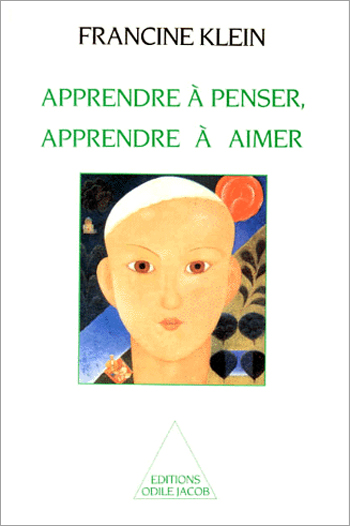
Francine Klein
Learn to Think, Learn to Love
Is everything determined at birth and in our first months of life? Why is it that certain children experience difficulty in learning to walk and to speak? Why them and not others? By describing the mechanics of learning and intellectual development, Francis Klein emphasizes the role of affection and relational factors on early development. She reminds us that to learn to think pre-supposes pleasure and liberty. Francine Klein is a children's psychiatrist and a psychoanalyst.
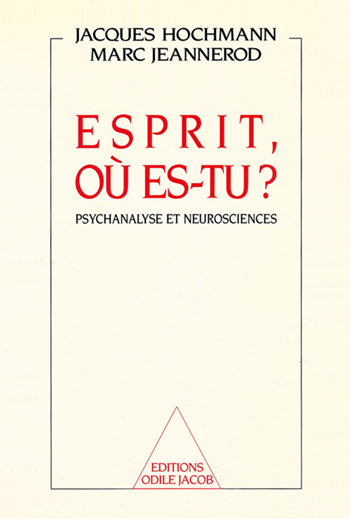
Jacques Hochmann, Marc Jeannerod
Is there anybody there ? Psychoanalysis and Neuroscience
For the first time, a psychoanalyst and a neurophysiologist have put their expertise together in order to progress in knowledge. The focus is rather on their ability to listen to each other, and their avoidance of concessions, than on individualistic, polemic arguments. Thus, important bridges are built between the two disciplines, which perhaps heralds the advent of another psychology. Jacques Hochmann is a professor of psychiatrics and a psychoanalyst. Marc Jeannerod is a professor of physiology and a neurophysiologist.
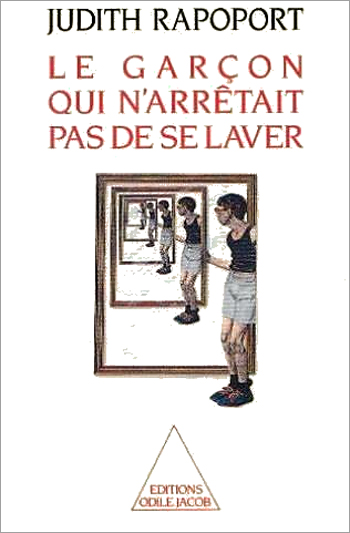
Judith Rapoport
The Boy Who Couldn't Stop Washing The Experience and Treatment of Obsessive Compulsive Disorder
At the age of fourteen, Charles spent three hours a day in the shower and it took him two hours to get dressed. He suffered from obsessive-compulsive disorder, a strange and secretive illness that affects the lives of hundreds of thousand of people. For the first time, they speak out, accompanied by their doctors, and invite us to reflect on this mysterious illness which we are just only beginning to be able to treat. Psychiatrist Judith Rapoport directs the children's psychiatric services program at the National Institute of Mental Health in Bethesda, Maryland (United States).
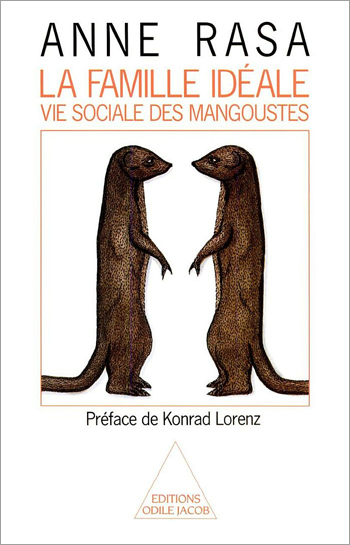
Anna Rasa
The Ideal Family The Social Life of Mongeese
Queen mother, the political leader, the prince consort, the military leader and guardian of the moral standards of their offspring, in turn warriors, baby-sitters, peacekeepers and brave troopers- such is the composition of the ideal mongoose family, those intelligent and appealing predators. A masterpiece of observation, analysis and description, by an ethnologist trained by Konrad Lorenz.

Catherine Bonnet
A Gesture of Love Giving birth anonymously
Why do some women give birth anonymously so that their child is instantly adopted? A pedopsychoanalyst, Catherine Bonnet recounts the heart-breaking testimonies of these suffering women whose single gesture of love is to protect their child from the violence within themselves. A fresh look at the foundations of maternity and of filiation. Catherine Bonnet is a pedopsychoanalyst.

Jacques Ninio
The Imprint of the Senses Perception, Memory and Language
Science has completely renewed our sense of perception. We used to stand impressions, the facts of our senses, in opposition to our superior activities (language, memory, reasoning). J. Ninio shows us an alterior perceptive reasoning . His accessible prose, peppered with many examples and illustrations, presents an original analysis of today s biological and psychological research on perception.

